On Wednesday July 2nd, 2025, the National Renewable Energy Platform (NREP) held a workshop on clean cooking knowledge management products in Uganda. This initiative is part of the Behavioral Change Communication for electric Cooking (BCCeC) project, funded by UK AID and Modern Energy Cooking Services (MECS), with support from the Ministry of Energy and Mineral Development’s Clean Cooking Unit (CCU).
Workshop Objective
The workshop’s primary objective was to review the developed knowledge management products, bringing together stakeholders to discuss and refine strategies for promoting clean cooking technologies in Uganda. This event marks a significant step towards sustainable energy access and environmental protection in the country.
Accelerating Adoption of E-Cooking Technologies
The project’s goal is to accelerate the adoption of e-cooking technologies in Uganda, mitigating health risks associated with traditional cooking methods, reducing environmental degradation, and enhancing energy access for all communities. Having reached its midterm implementation stage, NREP has developed key knowledge management products aimed at achieving the desired project objectives through increased engagement with the government, private sector, institutions, development partners, and the general public.
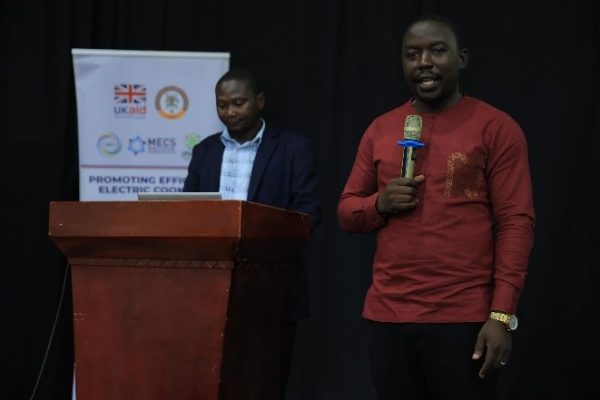
Key Highlights and Observations
- The project has made significant progress since its inauguration in August 2024, including conducting baseline studies in major cities and clean cooking outreach campaigns.
- The development of knowledge management products, such as the ATLAS mobile app and web-based dashboard, is a notable achievement.
- The project has provided valuable insights on knowledge management, describing it as the process of collecting, organizing, sharing, and using knowledge and with this, a knowledge management system is characterized by, availability, accessibility, accuracy, reliability, relevance, completeness, and timing.
- The state of knowledge management in Uganda’s clean cooking sector was found to be scattered, emphasizing the need for a more coordinated approach leading to the development of knowledge management products, including the ATLAS mobile app and a web-based dashboard.
- Private sector engagement is crucial for a robust knowledge management system since a significant gap in knowledge management was identified.
- This gap results in a weak knowledge management system, hindering sector growth, policy advocacy, and funding.
- Without private sector input, policies and campaigns may not reflect ground realities, thus limiting their impact!
Benefits of sharing information in Knowledge Management include:
- Better policy decisions and incentives
- Influence over standards and implementation frameworks
- Increased funding into the sector
- Access to sector-wide learning and collaboration.
Workshop Insights:
During the workshop, participants shared their expectations and concerns about the clean cooking knowledge management system through interactive Mentimeter sessions. Key takeaways include:
- Participants expect the system to facilitate knowledge sharing, networking, and sales, as well as provide insights into the key components of the KM system.
- Some concerns that might hinder adoption include data sharing apprehensions and lack of clarity on benefits.
- Participants suggested capturing relevant information in the KM system and proposed varying frequencies for data sharing among others.
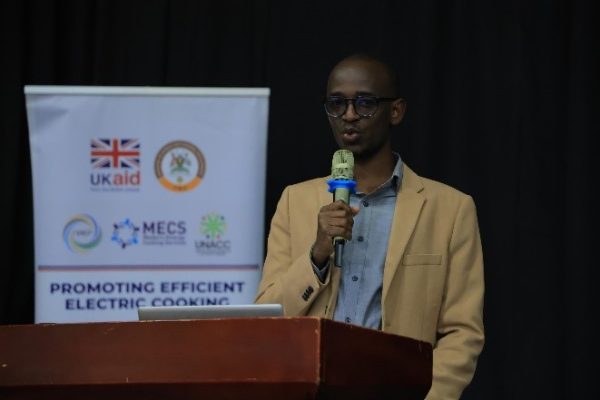
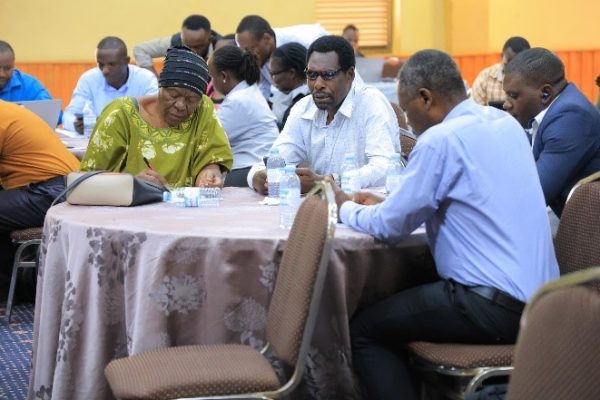
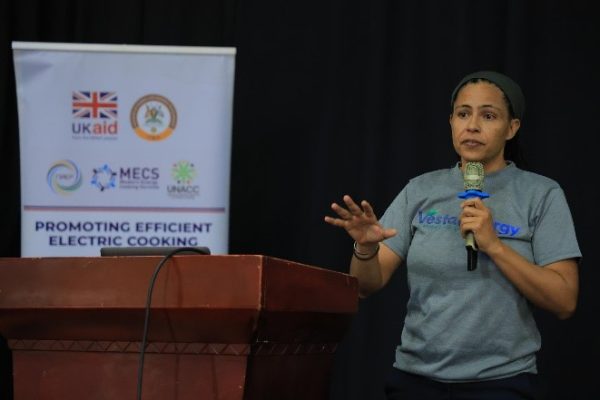
Key Challenges and Lessons Learned
The workshop highlighted several key challenges and lessons learned in implementing a clean cooking knowledge management system:
Key Challenges:
- Low private sector engagement due to perceived competitive risks and unclear benefits.
- Weak knowledge management system hindering sector growth, policy advocacy, and funding.
Lessons Learned:
- Addressing reservations and concerns of the private sector is essential for effective knowledge management.
- Clarifying the benefits and ensuring transparency in data usage can help alleviate concerns.
- Automated templates for data sharing can facilitate private sector engagement.
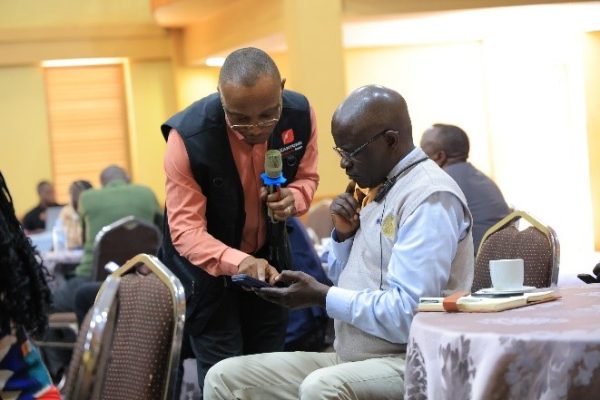
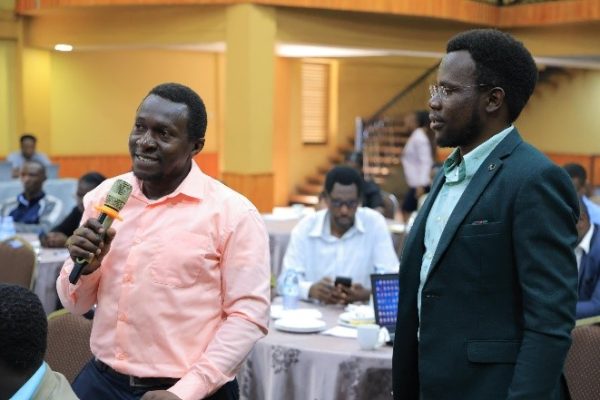
Conclusion and Next Steps
Conclusion:
The workshop on clean cooking knowledge management in Uganda highlighted the importance of a robust knowledge management system in driving sector growth and development. By addressing key challenges and leveraging lessons learned, stakeholders can work together to create a more effective and sustainable clean cooking sector.
Next Steps:
Moving forward, the following steps can be taken:
- Implement the knowledge management system and tools developed during the workshop.
- Foster private sector engagement and address concerns through transparent data management and clear benefits.
- Continuously monitor and evaluate the effectiveness of the knowledge management system.
- Scale up successful initiatives and share best practices across the sector.


